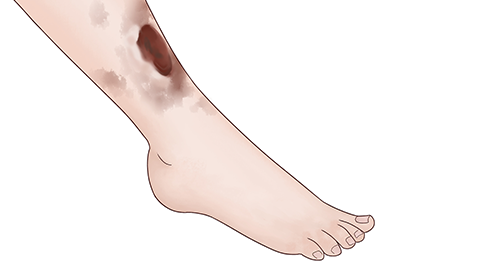Can sepsis be cured?
Generally, whether sepsis can be cured depends on the specific condition of the illness, including the severity of infection, timing of treatment, and the patient's underlying health status. If discomfort occurs, it is recommended to seek medical attention promptly. The detailed analysis is as follows:

If sepsis is detected early, with mild infection, no multiple organ failure, and the patient is in good general health, most patients can gradually recover and ultimately be cured through standardized treatments such as prompt administration of sensitive antibiotics to control infection, fluid resuscitation to correct shock, and organ function support. Physical functions can also gradually return to normal.
However, if sepsis is diagnosed late, with widespread systemic infection leading to multiple organ failure, or if the patient already suffers from severe underlying diseases or has a weakened immune system, the difficulty of treatment increases significantly. Even with aggressive interventions, some patients may not respond well due to irreversible organ damage caused by the severity of the condition, resulting in poor outcomes or even life-threatening consequences.
During treatment, it is essential to strictly follow medical instructions regarding medication; do not adjust antibiotic dosages or discontinue treatment on your own. During the recovery period, enhance nutritional intake, ensure adequate rest, gradually rebuild strength, and attend regular follow-up appointments to monitor vital signs and assess organ function recovery.








